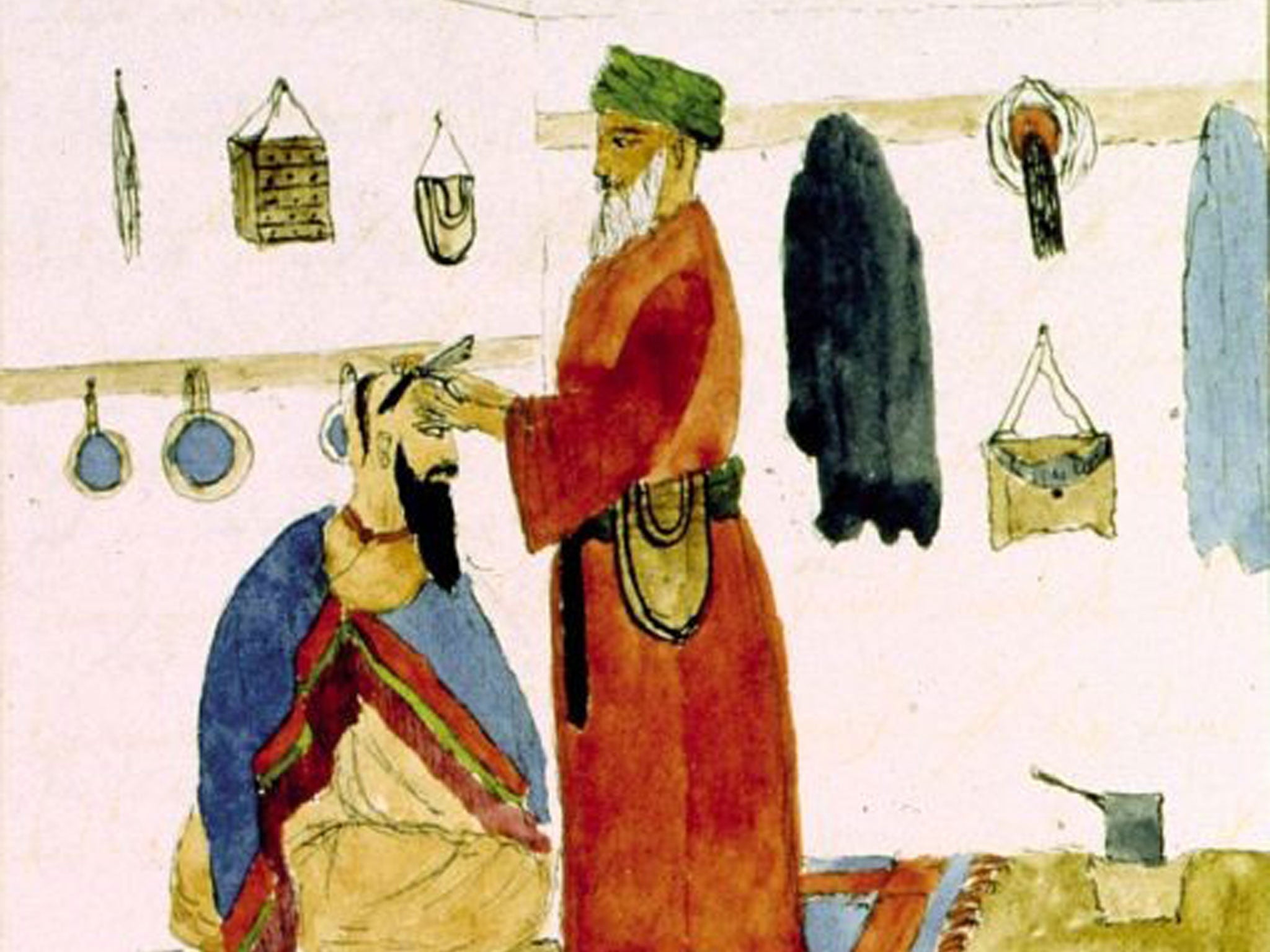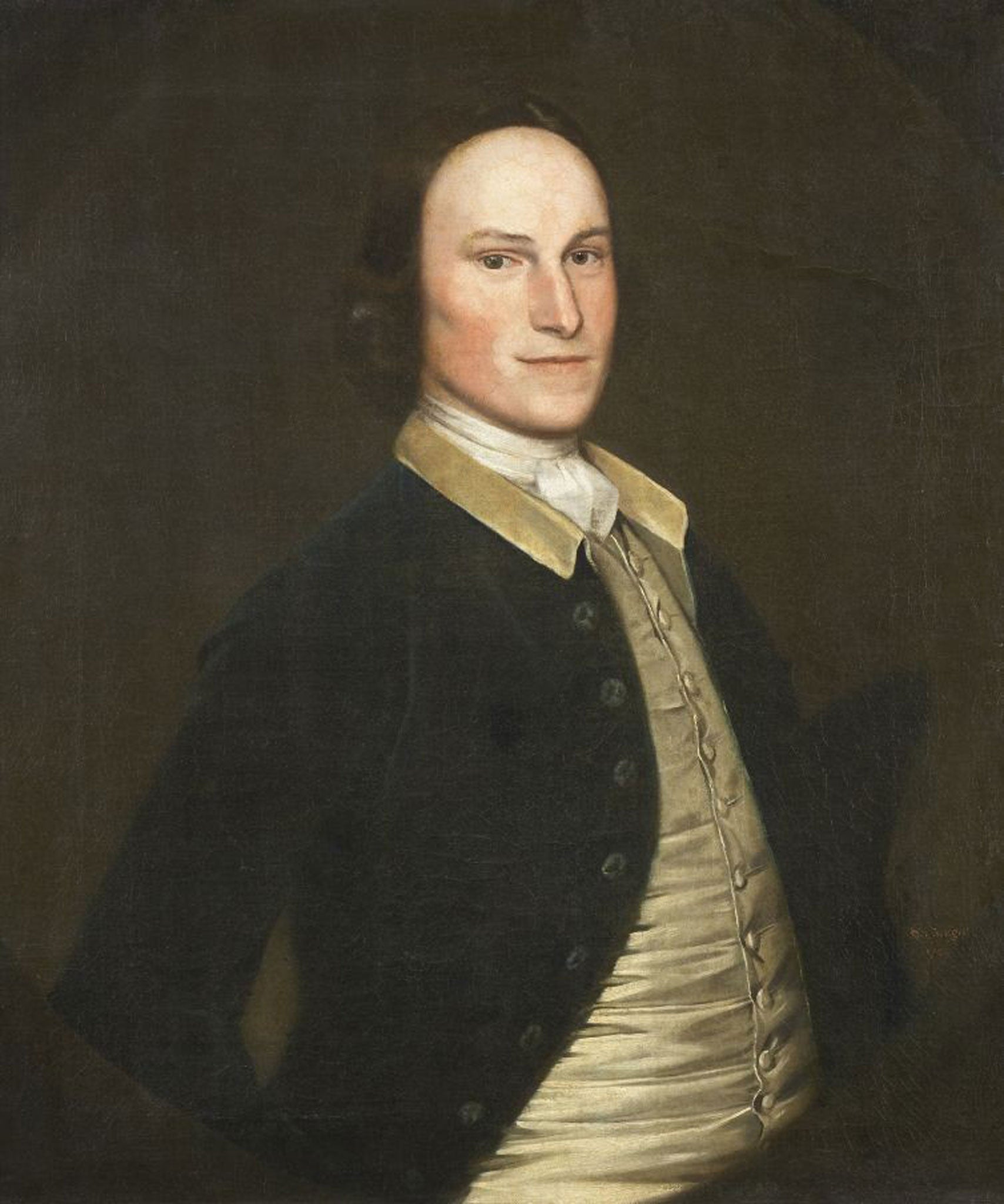Deeper than Indigo: Tracing Thomas Machell, Forgotten Explorer by Jenny Balfour Paul, book review
An expert on indigo plants finds her dream date in the form of a long-dead explorer

Your support helps us to tell the story
From reproductive rights to climate change to Big Tech, The Independent is on the ground when the story is developing. Whether it's investigating the financials of Elon Musk's pro-Trump PAC or producing our latest documentary, 'The A Word', which shines a light on the American women fighting for reproductive rights, we know how important it is to parse out the facts from the messaging.
At such a critical moment in US history, we need reporters on the ground. Your donation allows us to keep sending journalists to speak to both sides of the story.
The Independent is trusted by Americans across the entire political spectrum. And unlike many other quality news outlets, we choose not to lock Americans out of our reporting and analysis with paywalls. We believe quality journalism should be available to everyone, paid for by those who can afford it.
Your support makes all the difference.The clues to what make this such an unusual book lie in its first sentence: "I first met Thomas at the very end of the 20th century. The attraction was instant and when I parted from him in London I felt physically sick."
The man the author has fallen for, the Victorian adventurer Thomas Machell, has been dead for nearly 150 years, yet the relationship that develops between them is no less intense for that. Their meeting takes place in a library, where Jenny Balfour Paul discovers five volumes of Machell's journals chronicling his short but extremely adventurous life. No wonder she is smitten: they are solid gold. Machell called them his "Talking Books"; they form an extended, conversational letter home to the father whose approval he craves from the far-flung places he travels to.
Beautifully illustrated with watercolour sketches, several of which are reproduced along with the author's own, they are punctuated by startlingly contemporary observations as well as glimpses of Machell's troubled interior landscape. Machell's travels to China, Arabia, North Africa and the Indian sub-continent have preceded similar itineraries taken by Balfour Paul while researching the cultivation and uses of indigo, a subject in which she is internationally renowned.

Machell even worked as an indigo planter himself in India, thus earning instant entry to what is already a life-shaping obsession for the author, binding their fates closer together.
Coincidences multiply and the boundaries between biography and autobiography become increasingly blurred, the usual scholarly apparatus combined with techniques closer to that of the metaphysical thriller. The author's "negative research" includes a two-way correspondence with her deceased subject, past-life regression and dowsing rods held over a map to find the location of a missing grave.
All this is at the very least eccentric. However, to succumb to conventional prejudice would be to miss out on a gripping tale. Machell left his home in Yorkshire aged 12 in 1837 with his eight-year-old brother to walk to the South Coast, returning home half-starved. Recognising his "spirit of adventure", his father agreed to his going to sea aged 16. Braving the "roaring mountains of water" at Cape Horn he arrives in the Marquesas Islands, where a "siren" climbs half-naked on to his boat whose glance, he tells his journal, "darted through my whole frame like an electric shock… From that moment I was the slave of the dark-eyed Wyheva, daughter of a savage Chief."
Machell is not only an unconventional Victorian in his love life. A student of languages, fluent in Hindi and Arabic, he is a stern critic of colonial oppression, arguing in distinctly modern terms for a mutual respect between religions and sounding warnings of the dangers of both evangelical missionaries and fundamentalist Wahabism. He is our witness to the horrors of the Chinese Opium Wars, the Indian Mutiny and honour killings in Jeddah, assuming the identity of Sheikh Abdullah el Hajji to travel along the Arabian coast, delighted to overhear an Englishman describe him as "a fierce-looking dog".
As restless and driven as her quarry, Balfour Paul has followed his trail tirelessly across the world, the story she uncovers a valuable addition to our understanding of a time marked by intellectual questioning as well as colonial certainties.
Join our commenting forum
Join thought-provoking conversations, follow other Independent readers and see their replies
Comments